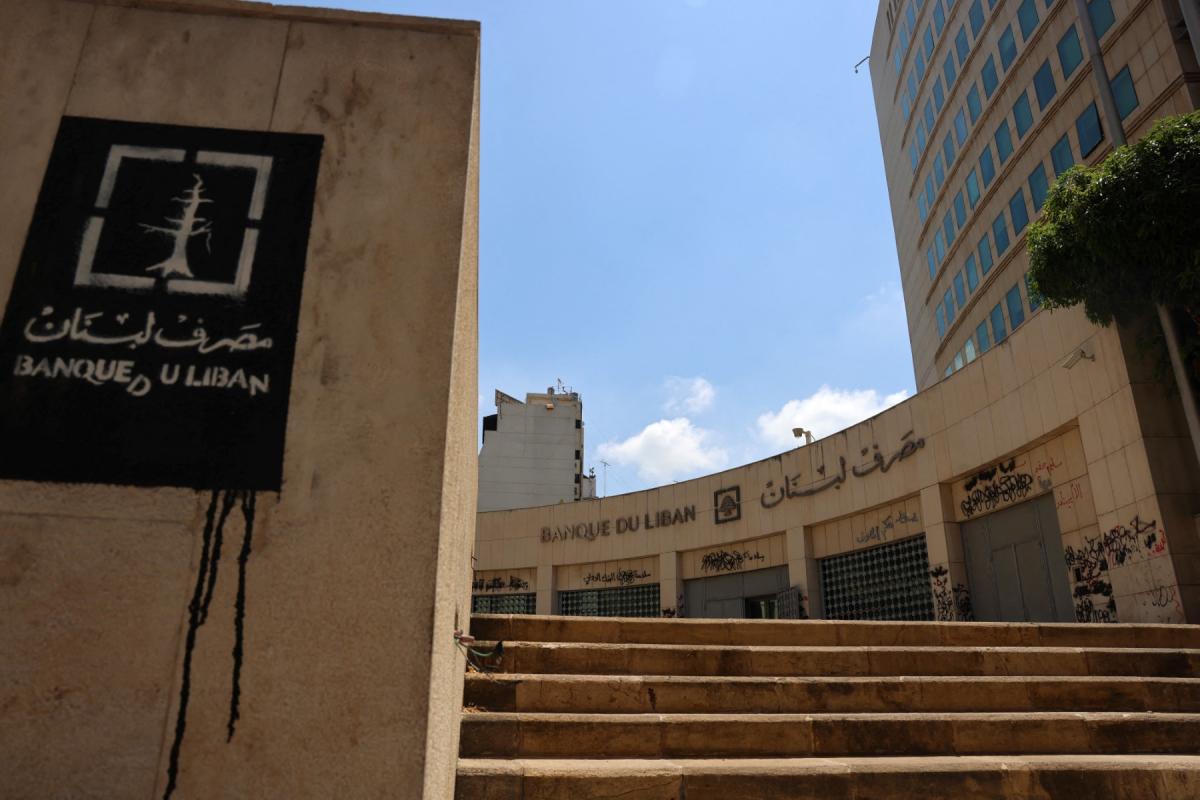The President of the Republic was right when he said, at the opening of the regional conference on international judicial cooperation in combating terrorism, that terrorism is "a clear and public use of unjustified and illegitimate physical or moral violence against innocent civilian targets, not as an end in itself, but as a means to achieve a further goal. Namely, to terrorize and subdue individuals or other civilian entities in order to extract certain, unjustified demands from them, in an illegal and illegitimate manner."
And while the President was speaking last week at this international counter-terrorism conference hosted by Beirut, which focused on the "challenges and prospects for action" posed by dealing with the issue of "foreign terrorist fighters," the definition he provided of terrorism, which he derived from his "field and responsible political experience," applies not only to terrorism in its classical sense and its attraction of foreign fighters, but also to acts carried out by civilians and military personnel, regular and irregular, local or foreign, to terrorize both civilians and military personnel, not only by military means, but also through fraud, deceit, financial manipulation, and theft.
Nevertheless, this definition remains subjective, as every society sticks the label of terrorism to any act according to its own perception. However, the concern now is not to discuss the theory, but to draw attention to what has happened in Lebanon since 2019, which the Lebanese people, their civilians and military, have suffered from and continue to suffer from, with no solution in the horizon. That issue was supposed to be dealt with by officials in the same way we deal with terrorist acts.
Take the definition provided by the President of the Republic at the conference and apply it to the blatant theft that the Lebanese population has been subjected to, with the complicity of successive governments, the Central Bank, the banking sector, and the politicians covering for them, and the cartel of interests steering the operations from the back seat. Do the elements that constitute terrorism, and the results it aims for, not apply to it? Did the President not personally suffer from it during his term as Army commander, having no choice but to request humanitarian aid from abroad and turn a blind eye to soldiers taking on other jobs in their off time to be able to support themselves and their families? Did the employees in the public administration, the righteous and the corrupt among them, not suffer from it, so that the misery of the righteous increased and the corrupt persisted in their corruption?
This financial terrorism that the Lebanese are suffering from, from which the terrorists in white collars and neckties, who are crouching on people's chests, have benefited, and which is still ongoing, deserves to have the sword of counter-terrorism directed at it—militarily, security-wise, and judicially. This terrorism deserves to be fully exposed, along with those who carry it out—who are originally known—and for what they inflicted upon their victims to be inflicted upon them. Every honest official who promised his citizens, saying in his oath speech, "My pledge is to adhere to preserving the free economy and private property, an economy in which banks are organized under the umbrella of good governance and transparency, banks that have no ruler but the law and no secrets other than professional secret, and my pledge is that I will not be lenient in protecting depositors' funds," and every official who said, "We must erase all talk about erasing depositors' rights," should distance themselves from them.
The terrorism is clear. The terrorists are known. What remains is an action to keep the pledges and fulfill the promises.
Please post your comments on:
[email protected]
 Politics
Politics








